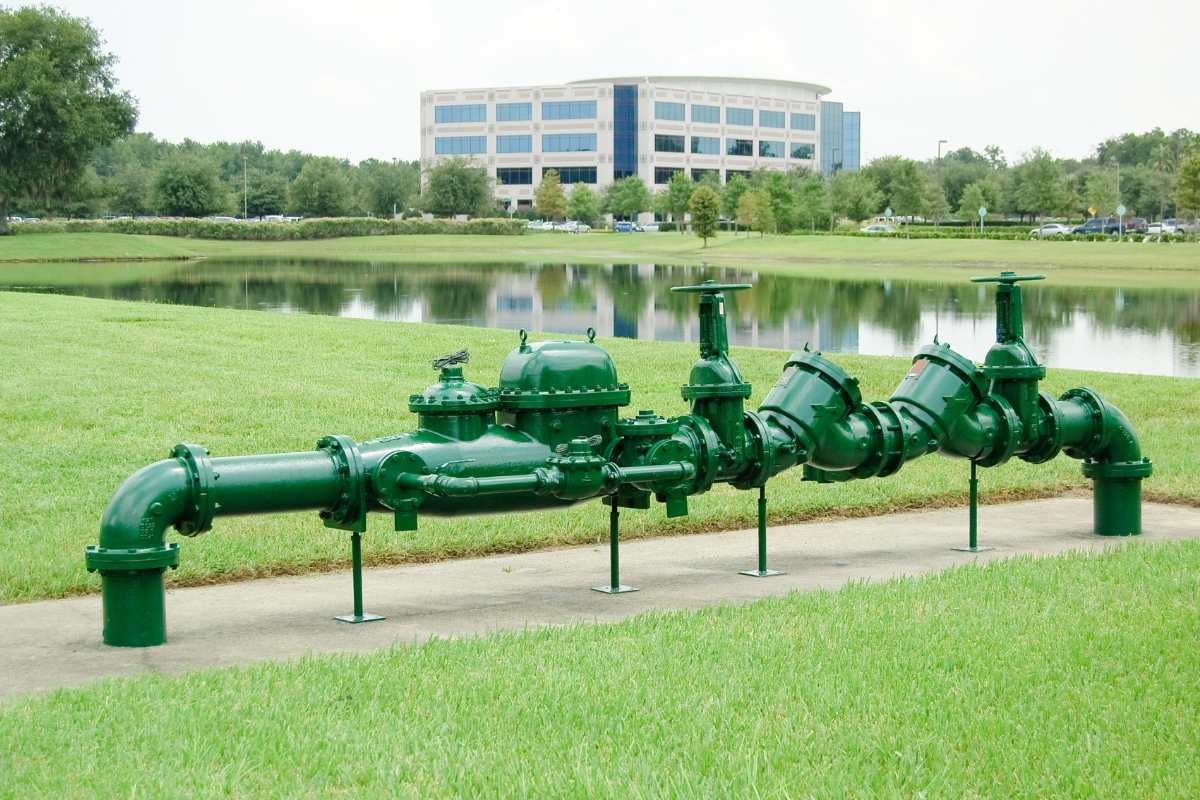
About Us
Your Neighborhood Plumber.
Your best choice for plumbing services in Roswell, GA.
Plumber Roswell GA, your trusted local plumbing experts dedicated to providing top-notch plumbing services to the residents and businesses of Roswell, GA, and the surrounding areas. With years of experience in the industry, our team of licensed and certified plumbers is committed to delivering high-quality workmanship, exceptional customer service, and reliable solutions for all your plumbing needs.
If you need any emergency plumbing service, simply call our 24 hour emergency number
Reliable Emergency Plumbing Service with Fair rates.
Experienced Professionals
Our team of licensed and certified plumbers brings years of experience and expertise to every job. Whether it’s a simple repair or a complex installation, you can trust our skilled technicians to handle it with precision and care. We stay up-to-date with the latest industry standards and techniques to ensure we provide the highest quality service.
Reliable and Prompt Service
At Plumber Roswell GA, we understand that plumbing issues can arise at any time, often requiring immediate attention. That's why we offer 24/7 emergency services to ensure you get prompt and reliable assistance whenever you need it. Our commitment to quick response times and efficient solutions means you can count on us to resolve your plumbing problems swiftly and effectively.
Customer Satisfaction Guaranteed
Your satisfaction is our top priority. We work closely with you to understand your specific needs and provide tailored solutions that exceed your expectations. Our transparent pricing, excellent customer service, and dedication to quality workmanship ensure that you receive the best value for your investment. We take pride in our work and strive to build long-lasting relationships with our customers.


